|
New Directions Aromatics have an excellent
article about how to make the switch. HOW CAN I SMELL GOOD WITHOUT ANTIPERSPIRANT? While having a pleasant personal scent is a priority for most people, many would rather not slather on a conventional deodorant or antiperspirant to achieve this, preferring to address body odor with the application of more natural alternatives that contain fewer harmful ingredients and are less likely to result in negative side effects. Traditional antiperspirant products often contain ingredients like artificial fragrances, parabens, phthalates, and anti-bacterial preservatives, which can have a negative impact on the body in the long-term. They also generally contain aluminum, which is reputed to form a block in the pores, thereby restricting the emergence of sweat and resulting in decreased moisture secretion. Conversely, because natural deodorants do not prevent perspiration, they benefit the body by not inhibiting its normal purification functions. Although natural deodorants could also potentially clog the pores, the positive difference is that the pores will be introduced to only pure, “green” ingredients rather than the synthetics present in conventional options. ARMPIT DETOX - HOW DO YOU DO IT? The body is not malodorous inevitably or by nature – it emits an odor only when the bacteria that live on it respond to that from which they receive "nourishment": the diet. A body that is fed mainly unnatural, processed, and refined foods or a diet that is rich in meats and sugars will expel more foul odors than a body that is fed wholesome foods. The underarms will not be foul-smelling if they secrete only healthy waste products of digestion and surplus minerals that are found in natural deodorants. Underarm detoxification is often recommended for those making the switch from traditional deodorants and antiperspirants to natural deodorants, as it is believed that this helps to expel pre-existing bacteria as well as residue from previously-used chemical-laden products, to optimize the performance of a natural deodorant, and to assist the body in returning to its original, organic perspiration that is conducive to good health. To easily detoxify the underarms, try the following recipe: Dilute 8-10 drops of one or more preferred Essential Oils in 1 tablespoon of Organic Apple Cider Vinegar and add this to a 60 ml (2 oz.) spray bottle, then fill the rest of the bottle with distilled water (Note: This blend is also suitable for haircare and foot soaks). Simply shake the bottle well, spray the blend onto freshly-cleansed underarms, and allow the skin to dry. Although it is recommended to use this blend during a time when the body is at rest, such as before bed, nonetheless travel-size spray bottles will also make it possible for users to continue with this detox while on the move. Repeat these steps on the following day. While individual users’ bodily responses to this detox will vary, generally, results can take approximately one week to manifest; however, as with any detox, persistence is encouraged. Underarms might require several washes throughout each of these detox days. WHY ISN'T MY HOMEMADE DEODORANT WORKING? Natural deodorants, much like underarm detoxes, require persistence in order for the body to adjust to the change in the skincare product and to achieve the desired results. Natural deodorants should be used continuously for more than one week. The lack of functionality is not necessarily related to the ingredients in the product but is instead usually due to one or more of the following reasons:
WHAT CAN YOU USE AS A SUBSTITUTE FOR DEODORANT? For other natural deodorizing options that do not require the formulating of a deodorant cream or stick product, try the following natural antibacterial ingredients:
Reputed Benefits
Essential Oils: Bergamot, Clove, Cedarwood, Cypress, Geranium, Grapefruit, Lavender, Lemongrass, Orange, Patchouli, Peppermint, Roman Chamomile, Rosemary, Sage, Tea Tree, Vetiver or Ylang Ylang.
0 Comments
You’ve seen them on store shelves, you’ve smelled them on the person sitting next to you on the airplane, or maybe you even have a few bottles sitting on your bedside table—but what are essential oils exactly? Are they simply a fancy beauty product? Are they a new fad that’ll soon pass?
If you’ve never used essential oils, or if just have limited experience with them, they might seem like a complete mystery. The truth is, millions of people use essential oils every single day for things like cooking, cleaning, personal hygiene, fitness, sleep, overall health, and more. What is an essential oil? So, what are essential oils? Scientifically speaking, essential oils are volatile aromatic compounds. In less scientific terms, they are the essence of plants, taken from roots, bark, flowers, seeds, and other plant parts. Did you know that an essential oil is what gives a plant its scent? Essential oils can also protect a plant from predators or environmental conditions. How long have essential oils been around? Not only do millions around the world enjoy essential oils today, but they’ve been utilized by dozens of cultures throughout history. Though it might seem like you only started hearing about essential oils within the last few years, they’ve actually been in use for hundreds of years. Ancient civilizations used plant extracts for things like healthcare, aromatherapy, beauty treatments, food preparation—the list goes on. In modern times, we’ve perfected the use of plants in everyday life, and finally have the technology to truly harness the power of the earth. What are essential oils good for? Those who are new to essential oils might be wondering, “What do I use them for?” If you’ve had a bottle of essential oil on your kitchen counter or in your closet for a while and aren’t exactly sure how to use it, you’re not alone. The good news? Learning how to use essential oils is easy. Like the peoples of the ancient world, we too have dozens of practical applications for essential oils today. For example, essential oils can be used to: · Promote healthy-looking skin. · Cleanse the air and eliminate odors. · Help maintain a healthy respiratory system and feelings of clear breathing.* · Support good oral hygiene.* · Promote healthy digestion.* · Create an uplifting atmosphere. · And more! As you can see, there are plenty of applications for essential oils in our daily lives. Here are a few examples of ways you can use essential oils if you’re just starting out. · Diffuse a few drops of essential oil using a diffuser. · Place a drop of oil in your hands, rub your palms together, and inhale deeply. · Apply essential oils to the wrists and wear as a personal fragrance. · Add a drop of oil to your moisturizer or face cleanser to promote healthy-looking skin (try essential oils like Lavender oil or Frankincense oil for this). · Put a few drops in a glass of water for internal benefits (Lemon oil and Grapefruit oil work well for this). Don’t wait another day to experience the amazing benefits of essential oils. Still wondering how to use essential oils? It’s easier than you might think. Leave a comment below and I’ll answer your essential oil questions! A natural lubricant can help by reducing the irritation and painful intercourse caused by vaginal dryness. Natural solutions such as organic coconut oil, aloe vera gel and essential oils do not contain the additional chemicals that can be seen in some commercial lubricant and vaginal moisturizing solutions. DIY lubricants can be created using many ingredients found in your kitchen cabinets and can offer temporary relief.
Dr. Anna’s Moisturizing Natural Lubricant by Dr. Anna Cabeca Ingredients
NOTES: If you use aloe vera gel, it may need to be refrigerated. Dr. Z’s Favorite Essential Oils for Sex: Boost Libido and Set the Mood Naturally for some great oils to use in your natural lubricant. Oils like patchouli, sandalwood, or rose might be good options. Warning – Coconut oil as a lubricant may impact the effectiveness of condoms so please be aware if going this route. Dr. Anna Cabeca Bio: Dr. Anna Cabeca is an Emory University trained gynecologist and obstetrician, a menopause and sexual health expert and international speaker and educator. She created the top selling products, Julva® – an anti-aging feminine cream for women, MightyMaca™ Plus – a superfood hormone balancing health drink, and online programs Magic Menopause, Women’s Restorative Health and SexualCPR. Read her blog at DrAnnaCabeca.com, and follow her on Facebook, Twitter and Instagram. 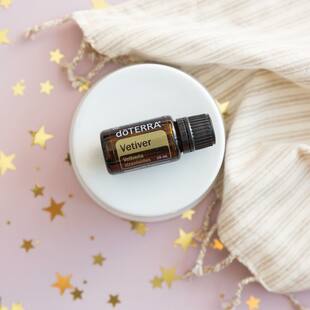 dōTERRA Vetiver has a unique, exotic aroma that’s sweet, woody, caramel, and smoky making it ideal for calming emotions. For a relaxing and stress free evening at home, use Vetiver as a massage oil for the body, diffuse with Lavender, doTERRA Serenity®, or doTERRA Balance® or rub on your feet before bedtime to promote a restful night’s sleep*. You can also add a few drops of Vetiver essential oil to a warm bath for a deeper relaxation. For more benefits of Vetiver, go here.
Restore dry skin with this Sandalwood, Peppermint and Melaleuca shaving cream recipe:
Fortified with natural lubricants and essential oils, this shaving cream improves razor glide for a close, comfortable shave. Great for men and women, this shaving cream will leave skin smooth, healthy, and moisturized. Ingredients ⅓ cup shea butter ⅓ cup coconut oil ¼ cup Fractionated Coconut Oil 5 drops Sandalwood oil 5 drops Peppermint oil 5 drops Melaleuca oil Instructions
For more benefits that dōTERRA Sandalwood has to offer, please check out the product spotlight here.
Between regular shampoos, you can remove the oil from your hair using dry shampoo. It’s a fast and simple way to freshen up and have clean hair in minutes without having to wash it with water.
Only use this shampoo when your hair is completely dry or it will make it stick together in clumps. You should also avoid rubbing the shampoo into your scalp or it may cause itching. Wash your hair with water two or three times a week depending on your hair type to prevent the dry shampoo from building up on your scalp. Using dry shampoo can help keep your hair looking fresh and clean in-between washing and the essential oils benefit you in several ways: they leave your hair smelling nice and can also help keep it shiny and healthy looking, which is an added bonus. |
AuthorWrite something about yourself. No need to be fancy, just an overview. Archives
July 2020
Categories |
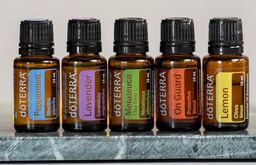
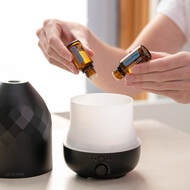
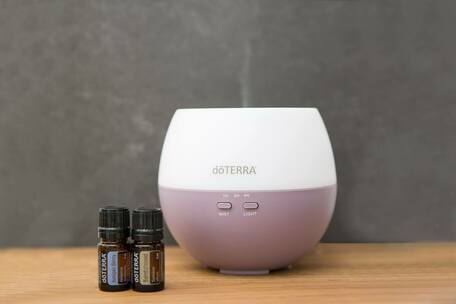
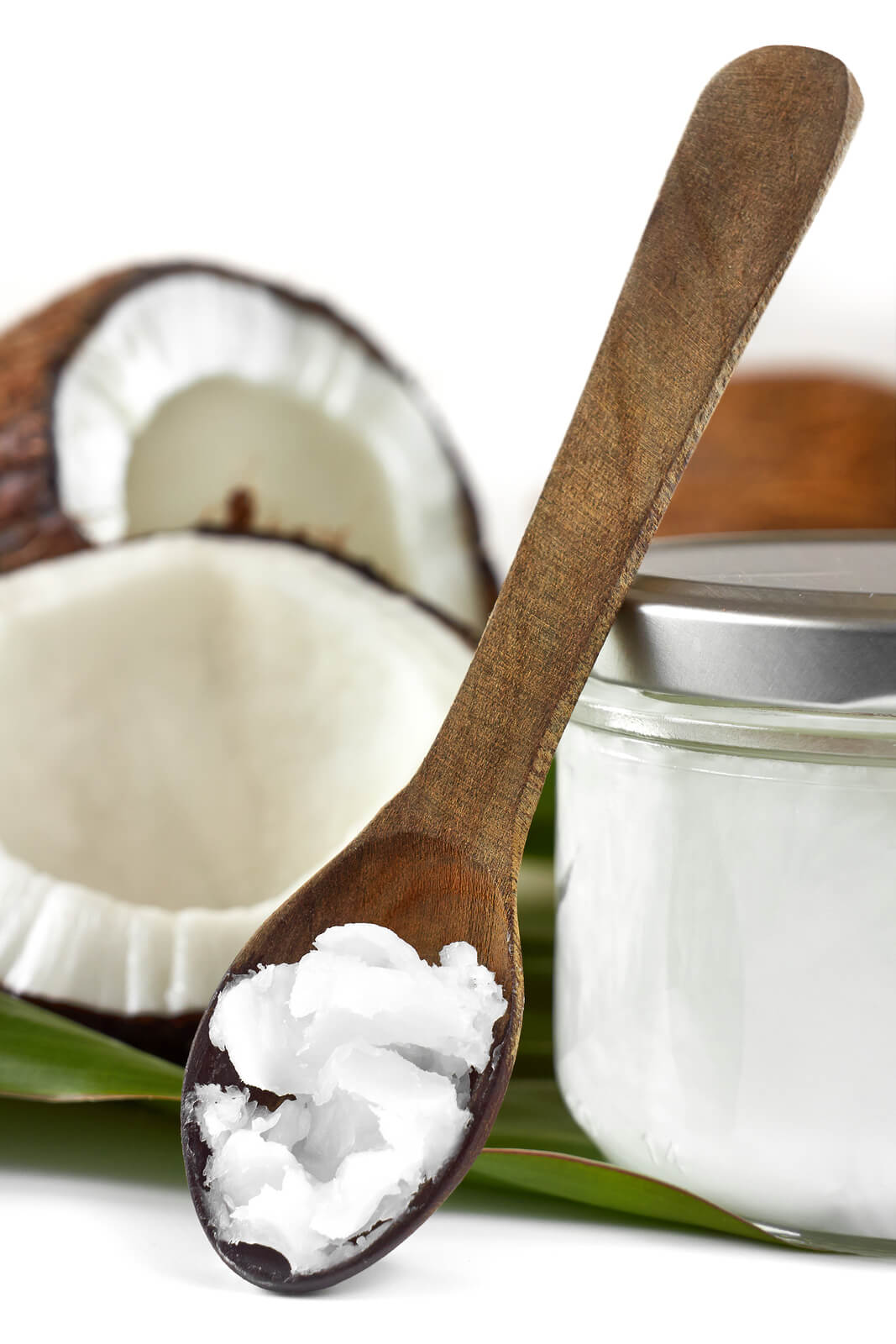
 RSS Feed
RSS Feed
